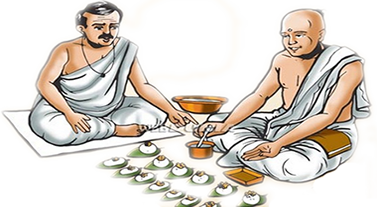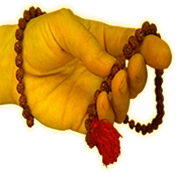Shraaddh pooja is a very important ritual among followers of Hinduism. Devotees believe that performing this prayer ritual brings about blessings from the Hindu ancestors. Happiness, wealth, longevity, health, and marital accord are some of the blessings from ancestors that come with accomplishing the Hindu ritual. On the other hand, if the family does not conduct the ritual, they will be met with hurdles and obstacles in life such as material poverty and infertility. The Hindu ritual of honoring ancestors through shraaddh takes away these hurdles in their journey through life.

The shraadh pooja is also meant to cleanse away the misdeeds done by ancestors. The living family inherits the material and spiritual assets of the forefathers along with their ancestral sins and wrongdoings. The shraadh pooja, conducted in the month of Ashwin, is a way to pay off these debts. Ashwin or Ashvin, also called Aswayuja, falls on the seventh month of the lunisolar Hindu calendar. It occurs in the Hindu Sharad season or autumn, or the month before Diwali, the festival of lights in India. It typically happens over September and October. The living family will be met with many sufferings when shraadh pooja is not done. That is why the ancestors and the dearly departed souls have to be appeased.
As stated in the Garuda Purana, the soul of the dearly departed commences its journey toward Yamapuri thirteen days after death. The journey takes seventeen days. It takes eleven months to traverse Yamapuri before it reaches the court of the Yamarj on the twelfth month. The soul is deprived of food and water during those eleven months. The shraadh rituals of Pindadan and Tarpan, conducted by the family especially the son, satiate the thirst and ease the hunger of the traveling soul on its way to the court of the Yamaraj. This is the most important reason why the conduct of shraadh pooja rituals within the first year of the loved one’s death is crucial.
